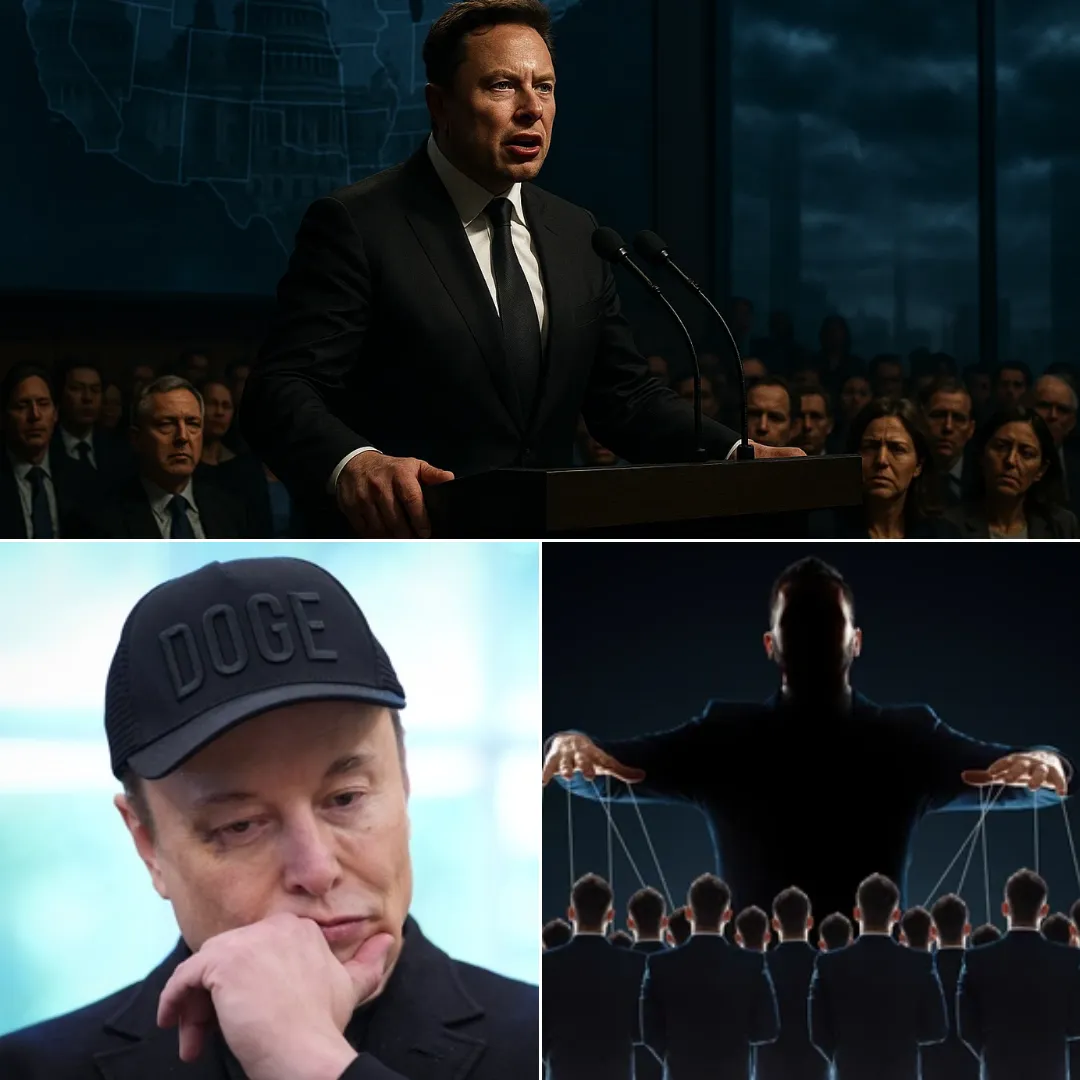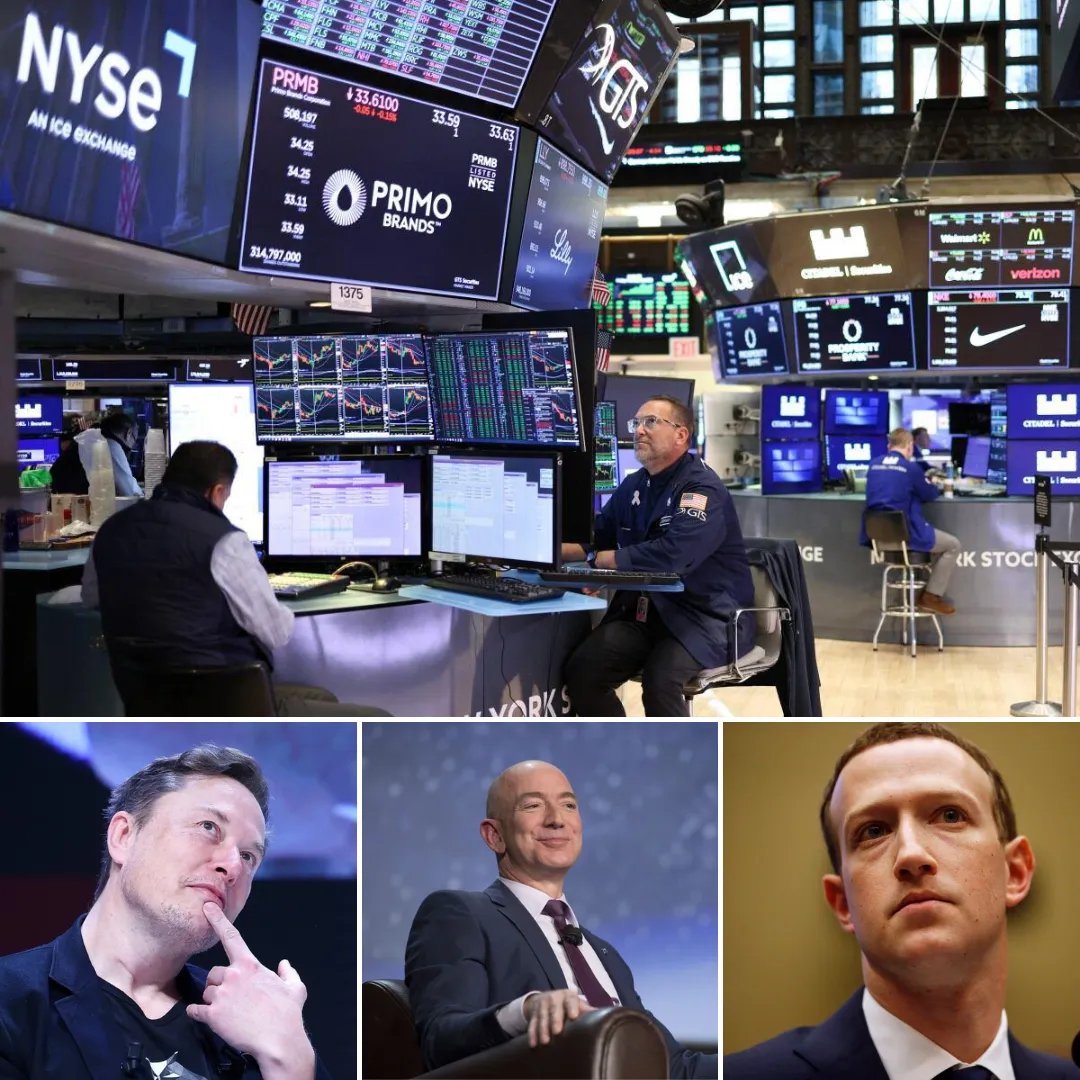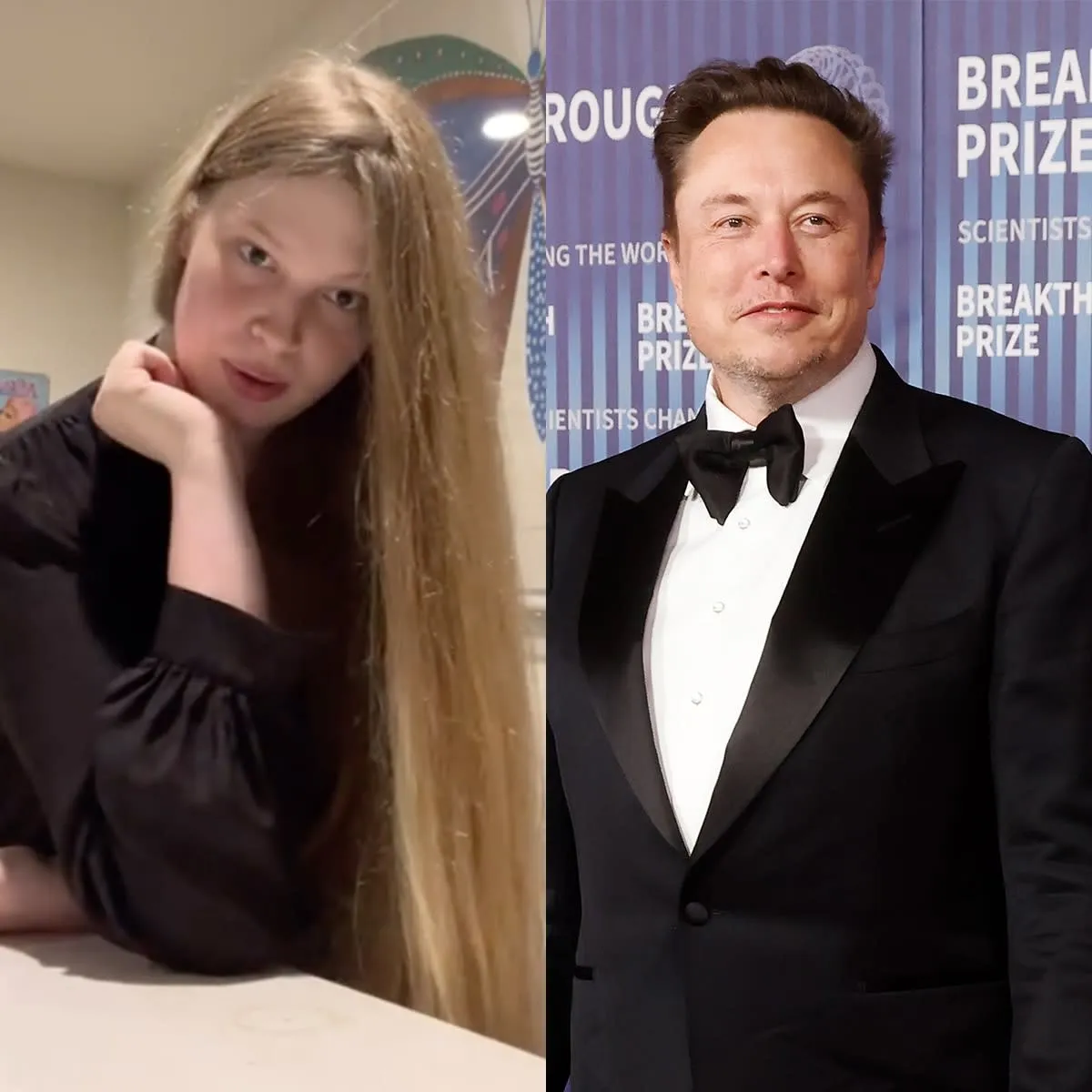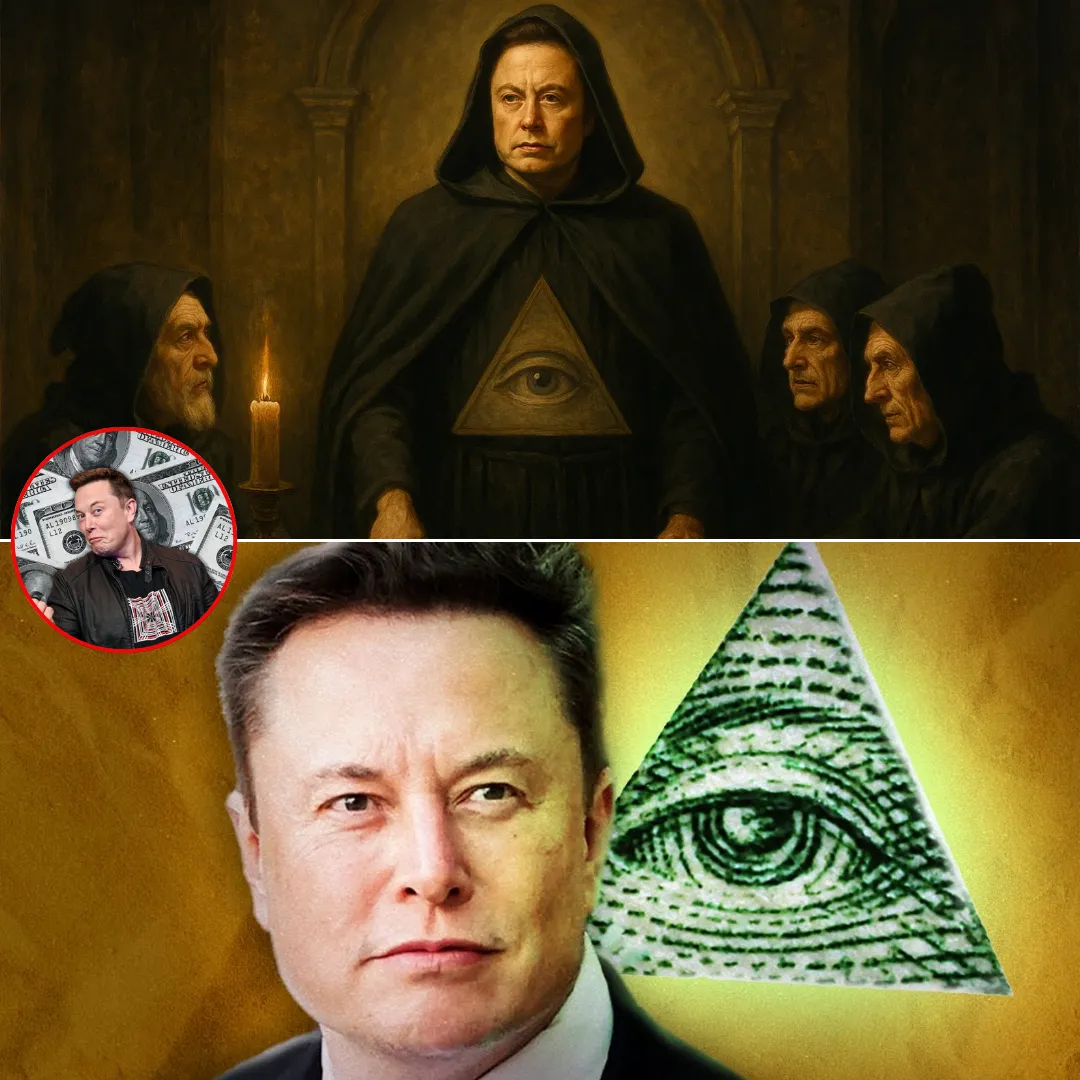Just hours after Cardinal Robert Francis Prevost was elected Pope Leo XIV, becoming the first American ever chosen to lead the Roman Catholic Church, a sharp and unexpected backlash erupted across right-wing social media. Supporters of the Make America Great Again (MAGA) movement quickly turned on the new pope, resurfacing years-old posts from his social media accounts in which he criticized anti-immigrant rhetoric and implicitly challenged President Donald Trump’s policies.
The online firestorm highlights the increasingly volatile intersection of global religious leadership and U.S. political polarization.
The new pontiff, elected on the second day of the conclave on May 8, now leads a global church of approximately 1.4 billion followers. Born in the suburbs of Chicago, Leo XIV has long been regarded as a bridge-builder within the Church, especially during his tenure as Prefect of the Dicastery for Bishops under Pope Francis.

Reverend Michele Falcone, a fellow priest from the Order of St. Augustine and a longtime associate of the new pope, described him to The New York Times as a “dignified middle of the road” figure — someone seen as capable of reconciling the theological divides that deepened during Francis’s papacy.
However, Leo’s attempts at balance have not placated America’s right-wing populists, who were quick to dig up and condemn past social media activity that MAGA supporters say reflects a progressive, anti-nationalist ideology.
Among the most circulated of Leo XIV’s posts is a 2015 reshare of a Washington Post column by Cardinal Timothy Dolan titled “Why Donald Trump’s anti-immigrant rhetoric is so problematic.” In the piece, Dolan warned against what he called divisive language that casts immigrants as threats.
Leo’s decision to amplify the article on his social media timeline is now being used as evidence by MAGA critics that the new pope harbors disdain for Trump’s America First agenda.
Another post, from 2017, saw Leo endorsing a message from Sister Helen Prejean in support of the Deferred Action for Childhood Arrivals (DACA) program and undocumented youth: “I stand with the #Dreamers and all people who are working toward an immigration system that is fair, just, and moral.” Though not controversial at the time within Church circles — which broadly supported immigrant protection — such language now serves as political ammunition in the highly polarized Trump-era environment.

More recently, in February of this year, Leo reshared a scathing opinion piece from the National Catholic Reporter titled “JD Vance is wrong: Jesus doesn’t ask us to rank our love for others.” The article was a theological rebuttal to Vice President JD Vance, who had claimed in a Fox News interview that Americans should prioritize their love for citizens over foreigners — an interpretation Vance framed using the Catholic concept of “ordo amoris” (the ordering of love).
Leo’s promotion of the article was interpreted by MAGA figures as a direct assault on a key Trump ally and a rebuke of the broader America First worldview.
The reaction was swift and brutal. Joey Mannarino, a conservative political strategist and vocal MAGA supporter, posted on X (formerly Twitter), calling the pope a “liberal piece of [s***].” His post opened the floodgates. Laura Loomer, a far-right activist known for promoting conspiracy theories, blasted Leo for “supporting illegal aliens and open borders.” She pointed to his pro-Dreamer tweets and opposition to Trump’s use of the phrase “bad hombres” as evidence of his liberal leanings.
Loomer added, “He thinks it’s a ‘racist’ phrase,” claiming Leo is out of step with nationalist values.

John Strand, a figure previously convicted for his role in the January 6 Capitol attack, chimed in with his own condemnation: “BREAKING: New Pope Robert Prevost has posted numerous items of anti-America First propaganda and in support of the Climate Cult. This is a terrible sign.”
Jack Posobiec, a prominent Catholic voice in MAGA media circles, added, “Here is the new Pope attacking Trump.” Posobiec’s post quickly went viral in conservative Catholic networks, many of which have grown disillusioned with what they perceive as the Vatican’s drift toward progressive ideology under Pope Francis.
Yet amid the backlash, official statements from key figures in the MAGA orbit have been notably more restrained. President Donald Trump issued a congratulatory message on X Thursday afternoon: “Congratulations to Cardinal Robert Francis Prevost, who was just named Pope. It is such an honor to realize that he is the first American Pope. What excitement, and what a Great Honor for our Country. I look forward to meeting Pope Leo XIV. It will be a very meaningful moment!”
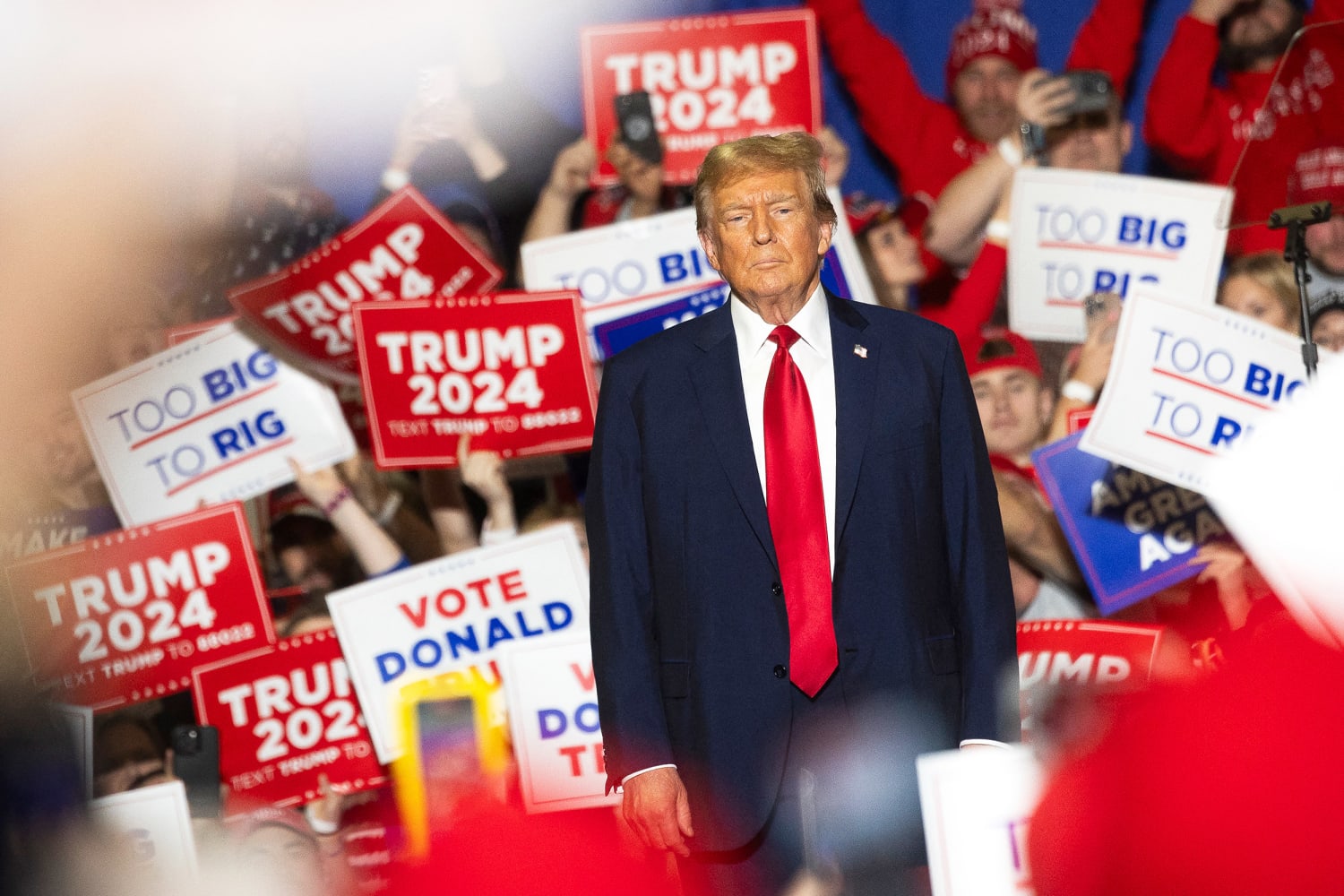
Vice President Vance also offered a conciliatory tone: “Congratulations to Leo XIV, the first American Pope, on his election! I'm sure millions of American Catholics and other Christians will pray for his successful work leading the Church. May God bless him!”
Still, these formal acknowledgments did little to quell the firestorm brewing among MAGA loyalists, who continue to circulate Leo’s old tweets and editorials in a bid to frame the new pontiff as a left-leaning ideologue. For them, Leo represents a continuation of what they see as Pope Francis’s politicization of the Church — an institution that, in their view, should focus on doctrine, not immigration policy or climate advocacy.
That said, Leo XIV is not entirely out of step with the global Catholic hierarchy. His defense of migrants and Dreamers aligns with decades of Vatican teaching on the sanctity of human life and the dignity of the stranger.

In the final months before his death, Pope Francis had also condemned Trump’s deportation tactics, warning that expelling people “solely on the basis of their undocumented status” undermines their dignity and “will end badly.” Leo appears to share this ethos, making his election less a rupture and more a quiet reinforcement of Vatican priorities.
Moreover, the pope’s emphasis on balance and dialogue may prove useful in a deeply fractured Church. His early remarks as pontiff struck a hopeful tone: “Together, we must try to find out how to be a missionary church, a church that builds bridges, establishes dialogues… to be able to receive everybody that needs our charity, our presence, dialogue and love.”
That message, though nonpartisan in spirit, risks being lost in the noise of online culture wars.
As social media accelerates the global reaction to Leo XIV’s rise, his past digital footprints are being weaponized in ways no previous pope has experienced. In an age where old tweets spark modern outrage, even the Vatican cannot escape the scrutiny of political tribalism.
Whether Leo XIV can weather this moment and use his position to unify both Catholics and a fractured world remains to be seen — but his first test, it seems, has already begun.

